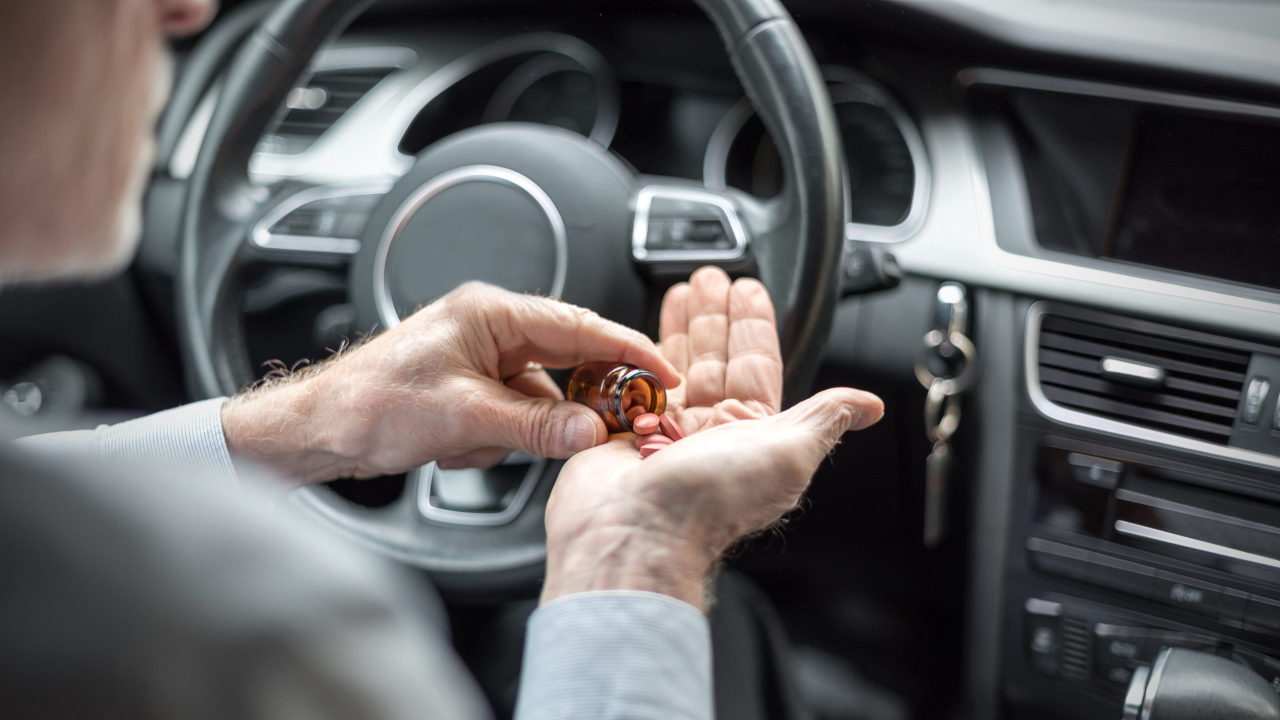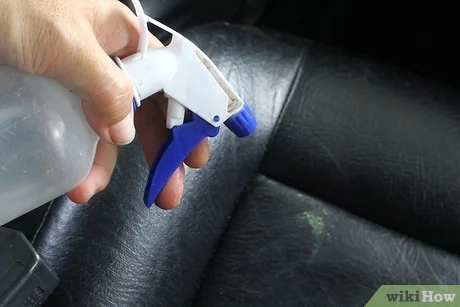
Is it safe to drive a car while taking antihistamines?
Of course, you know better than to drive while intoxicated, and you will never drive while taking illegal drugs. But what about those over-the-counter remedies that provide relief from common illnesses like the flu, colds, or allergies? One of the most common categories of over-the-counter medications is called antihistamines, and they can definitely impair your driving skills. To understand why this happens, let's talk a little about what antihistamines are and how they work.
When you have a hay fever attack, it is because your body produces histamine. Histamines are found in all humans and most other animals. They perform a valuable function in aiding digestion and helping to carry messages from one nerve to another. When you come into contact with something you're allergic to, or when you catch a cold, your body gets overwhelmed and produces too much of what would normally be a good thing. Then you need antihistamines to suppress histamine production. The problem is that antihistamines, in addition to relieving cold or allergy symptoms, can also have unwanted side effects.
Here are some things to consider before driving if you are taking antihistamines:
Antihistamines may cause drowsiness. In fact, if you look at the ingredient list of Nytol, Sominex, or another brand of sleeping pill you buy when you just can't sleep and compare it to your allergy medication, you'll see that the ingredients are identical. The reason is simple - antihistamines cause drowsiness. The consequence of this is that when you want to sleep, you are not alert and probably shouldn't be driving a car.
The effect of antihistamines may be enhanced by alcohol. Of course, we hope you're not in the habit of drunk driving, but you may not realize that even one glass of wine combined with an antihistamine can seriously harm you. In fact, it can make you three times more sleepy.
OTC antihistamines are not adjusted for weight. The dosage of an over-the-counter antihistamine is for the average person. If you are small, the antihistamine will affect you more than a large person.
You can, of course, buy a so-called "non-drowsy" antihistamine, but many people report that when taking this type of medication, they do not become drowsy, but feel "nothing above the neck." It's not good if you're going to drive. Our final word on the subject: if you are taking antihistamines, you should avoid driving.
